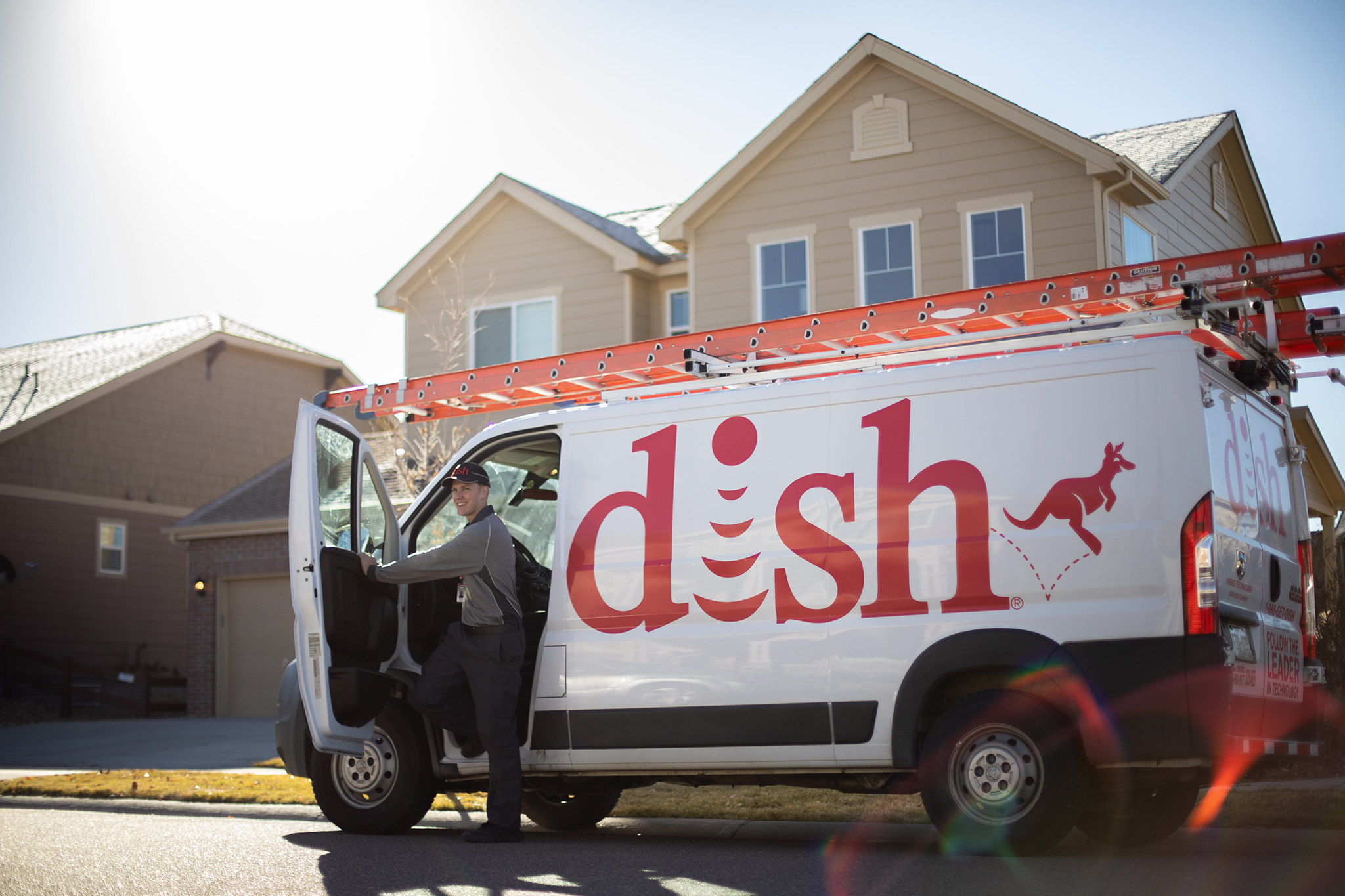NAD: Dish Agrees to Tamp Down Hopper Claims
AT&T had cried foul on TV, online ad

The smarter way to stay on top of the streaming and OTT industry. Sign up below.
You are now subscribed
Your newsletter sign-up was successful
In an advertising claim version of "storage wars," The National Advertising Division (NAD) of BBB National Programs has recommended that Dish pull the plug on some claims about its Hopper 3 DVR's superiority to that of others and the company has agreed to do so.
Also Read: NAD Has Issues With Comcast Claim
Streaming service AT&T TV, which uses cloud DVRs, had complained about Dish claims in an online and TV ad that the Hopper 3 was: “TV’s most powerful DVR”; “Records . . . 2 times more than our competition” (or “more shows”); and has “twice the storage space . . . as any of our competitors” (or superior storage space)."
DISH had offered up a consumer perception survey to bolster its contention that its "Girls' Night In" TV ad does not "convey and implied comparative message" and that even if it did, the comparison was to other hardware-based DVRS, not cloud DVRs--which AT&T offers.
NAD said the survey's open ended questions "simply did not test whether panelists took away a comparative message from the advertisement."
Also Read: Verizon Will Drop Certain 5G Ad Claims
Since NAD discounted the survey as evidence, it said it "stepped into the shoes of the reasonable consumer," and concluded that consumer would reasonably assume the claims were a comparison to all types of DVR including AT&T TV and its cloud DVRs.
As to Dish's uncontested claim that its Hopper 3 records "up to 16 shows at once and holds up to 2,000 hours of SD programming or 500 hours of HD programming," NAD concluded that Hopper 3 does not have superior recording or storage capabilities to could DVRs, and said that, in fact, Cox's DVR service beats Hopper 3 on number of shows recorded and hours of video stored.
According to NAD, Dish said it would go along with the self-regulatory process--NAD decisions are recommendations, not orders--and agree to, as NAD recommended, "discontinue or modify [the claims] to limit the comparisons to better fit the support provided." But Dish also said it was disappointed that its consumer perception evidence was not persuasive.
The smarter way to stay on top of the streaming and OTT industry. Sign up below.
Contributing editor John Eggerton has been an editor and/or writer on media regulation, legislation and policy for over four decades, including covering the FCC, FTC, Congress, the major media trade associations, and the federal courts. In addition to Multichannel News and Broadcasting + Cable, his work has appeared in Radio World, TV Technology, TV Fax, This Week in Consumer Electronics, Variety and the Encyclopedia Britannica.

